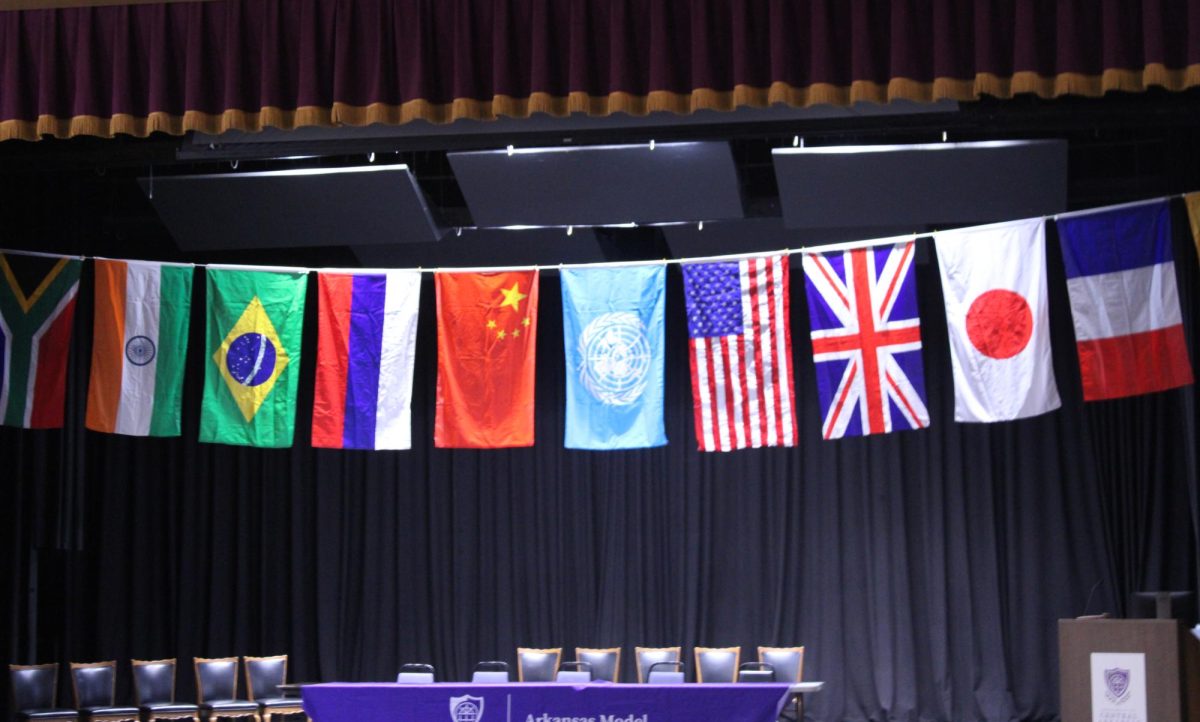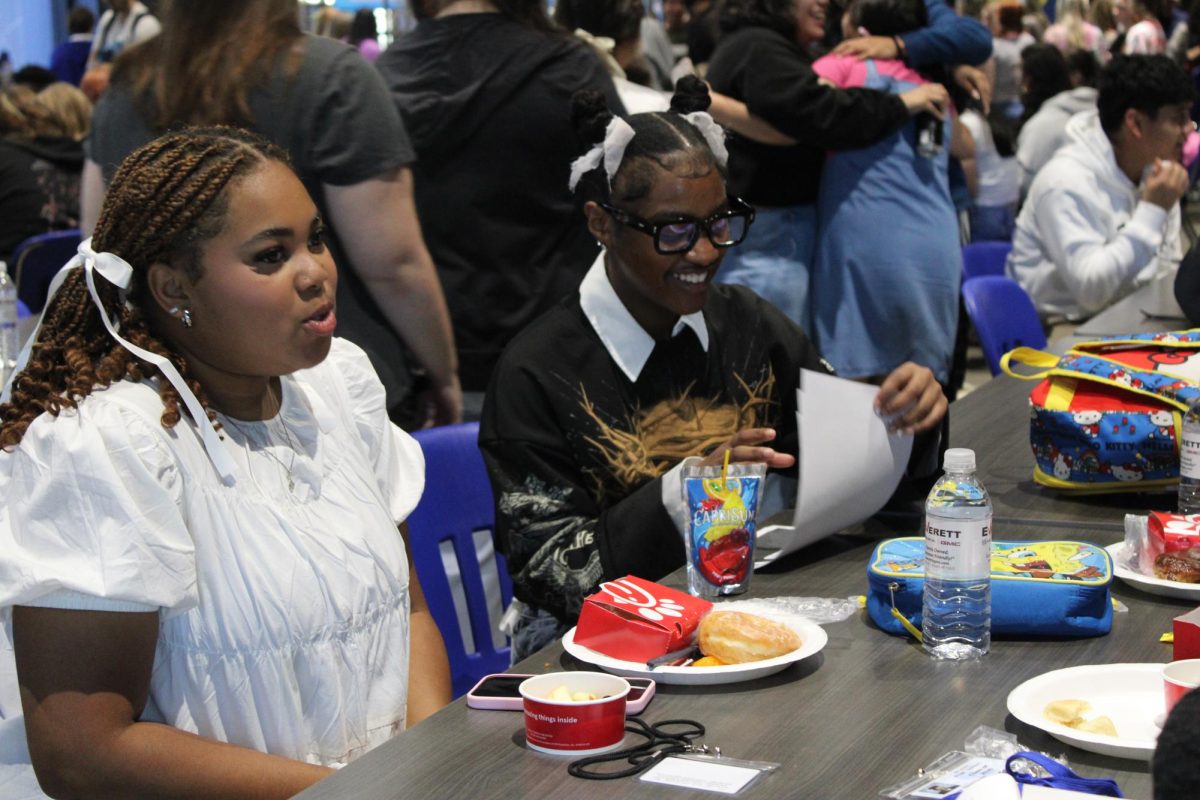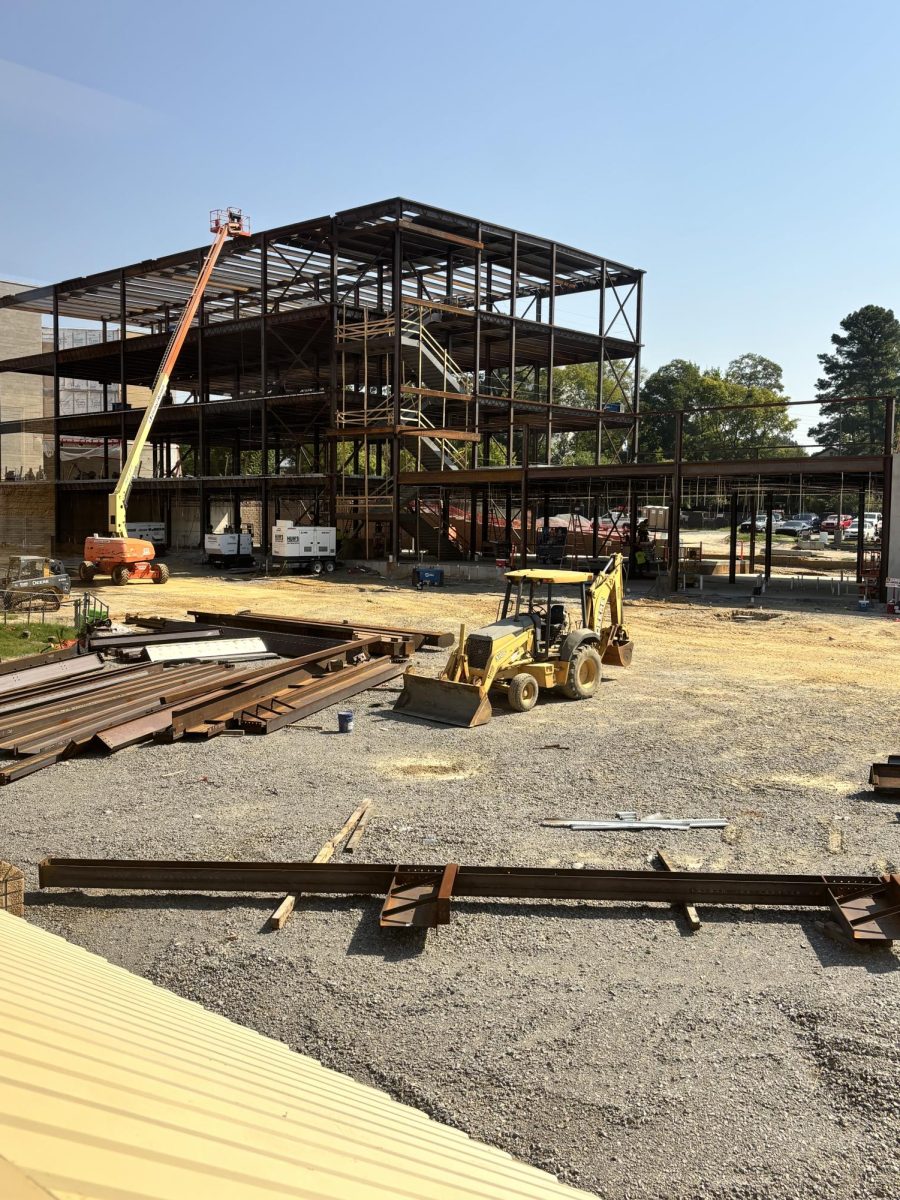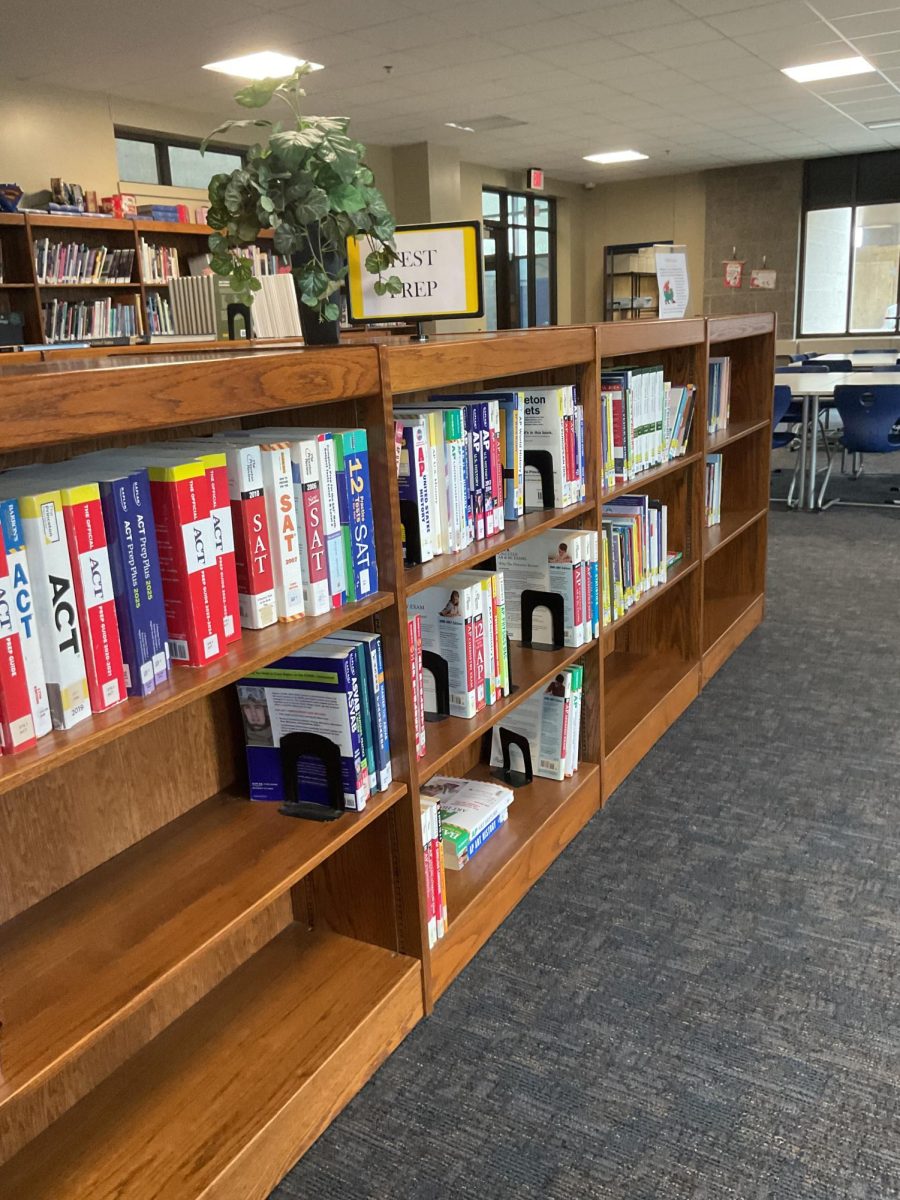Bryant Model United Nations (or Model UN) will participate in the 2024 AMUN Conference at the University of Central Arkansas Friday, Nov. 22 and Saturday, Nov. 23 as a part of their annual summit. As one of the largest Model UN conferences in the nation, students have spent countless hours preparing speeches, writing essays, and studying Model UN conference procedures.
The conference’s goal is to remain as authentic as possible to its real-life counterpart, the UN organization. In doing so, Model UN is separated into seven committees. Three of these committees are established as “General Assembly,” meaning they are a permanent committee in every conference. Committees cover a variety of topics ranging from the effects of military conflicts on the displacement of civilians in nations to the impact of AI technology in workforce development.
The preparation process included dozens of committee topic essays submitted on Friday, Nov. 8. This was the required due date to qualify for multiple writing awards. Delegates from all three General Assembly committees must submit these essays known as position papers. Each paper is meant to reflect the ideologies of the delegate’s nation. Jack Malone, a first-year Model UN student in the Netherlands’ World Food Programme delegation, was among the delegates writing these position papers.
“I just thought that it would be really, really interesting to see how other people react and portray their countries, especially in this time that we’re going through,” Malone said.
Each school randomly selects the nations that their students will represent during the conference as they assume the role of diplomatic delegates from any of the 193 UN Member States, coming from Oklahoma, Tennessee, Arkansas and Texas. This year, Bryant’s delegates will represent four nations: the Netherlands, Sweden, Kyrgyzstan and Brazil. Each nation presents unique challenges to address, along with a variety of cultural, political and socioeconomic factors that differ widely across the selection.
“I did a lot of research,” Berry said. “I had to read a lot of articles that were published in the Netherlands, which was kind of hard because they were all in Dutch. I looked at a lot of [archived] coalitions and cases and it’s a good way to study for it.”
Students must memorize a total of 24 parliamentary procedures in order to effectively participate in the debates, diplomacy and compromise between other delegates. To achieve this level of preparation, each member is encouraged to attend the bi-weekly BUZZ Time meetings in social studies teacher Will Heatherly’s room.
“The biggest challenge in Model UN is simple: it’s explaining to people what it is,” Heatherly said. “ It’s a competition in diplomacy, but that’s really hard to quantify. You have to be in the room to hear people giving speeches, to see people working on resolutions, to see collaboration looking for solutions. It’s kind of a holistic feel, and it’s really hard to explain that to people.”
While Bryant’s history in Arkansas Model UN dates back to its creation in 1961, Mr. Heatherly has been Model UN’s club advisor since 2009 and sponsored his first full club in 2012. In that time, hundreds of students have joined the club, dozens were nominated for the Outstanding Delegate conference award and several attained the prestigious Rapporteur role.






